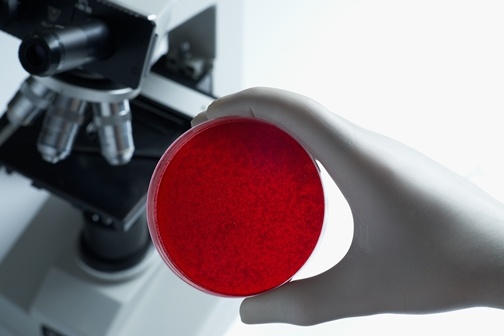
Haemophilia sufferers live in constant fear that a small injury might be fatal for them. Because their blood cannot coagulate efficiently, a small cut or bruise can require a trip to the hospital emergency room. They also have problems with their joints wearing down quickly, which sometimes requires painful surgery to rectify.
A rare genetic disorder, Haemophilia A is caused by mutations in the F8 gene which plays a role in creating blood coagulation factor VIII. Almost half of the F8 mutations are caused by chromosomal inversions. A chromosomal inversion occurs when the order of base pairs on the chromosome are reversed so the gene doesn’t express properly.
Researchers believe they have found a way to repair the chromosomal defects causing haemophilia. This new treatment for haemophilia patients using stem cells addresses the chromosomal defect. A Korean team led by Kim Jin-Soo and Professor Kim Dong-Wook has used Induced Pluripotent Stem Cells (iPSCs) to correct the inversion in laboratory studies on mice.
Pluripotent stem cells have the ability to differentiate into almost any kind of cell. That makes them particularly useful for repairing various components within the body, including skin, muscle, ligaments and bone marrow.
Researchers collected urinary cells from the mice, which contained the chromosomal inversion causing their haemophilia. They used some of the cells in the sample to create iPSCs then used CRISPR-Cas9 nucleases (Clustered Regularly Interspaced Short Palindromic Repeats-CRISPR associated protein 9) to reverse the order of the F8 gene.
Once transplanted into the mice, the altered stem cells differentiated into mature endothelial cells. Mice that received the transplant were effectively cured of haemophilia A. The research demonstrates for the first time that chromosomal inversions can be repaired using stem cells.
It is hoped that this research leads to a treatment for haemophilia patients using stem cells within the next decade.
Source: Treatment for Hemophilia Patients Using Stem Cells
{{cta(‘3fe0aac7-7562-46dc-b8b9-c706d9cfd6b1’)}}
{{cta(‘fec594e9-5433-4350-9180-2bdd371eb399’)}}


